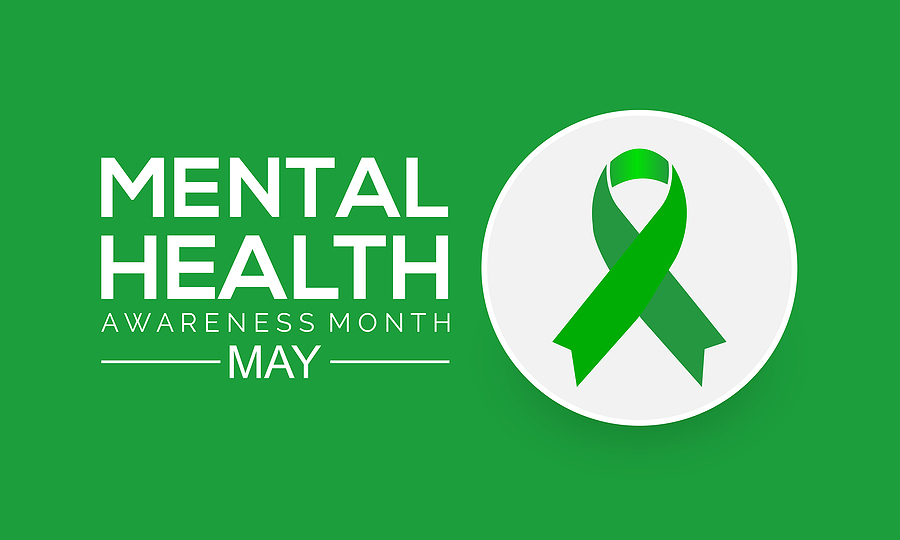Many people consider sleeping in to be more than eight hours of sleep. Others consider it sleeping past noon. How much is too much sleep and how much is not enough? Is too much sleep healthy or unhealthy?
Here are some cons about sleeping too much. Sleeping into the afternoon is more than enough sleep our body desires. Teenagers especially, tend to sleep well into the afternoon because of their late bedtimes.
According to essortment.com, “people who consistently sleep 10 to 12 hours a night, or more, find it actually takes them longer to fall asleep, they wake more frequently, and they feel less rested when they wake in the morning.” People tend to become more fatigued and groggy when getting more sleep.
While sleeping too long can cause problems, napping can too. “Sleep inertia” occurs when the body naps for more than 15 minutes and falls into a deeper sleep, thinking it is nighttime, which then makes it harder to wake up.
Also, oversleeping is known to be linked to conditions such as heart disease and diabetes.
Those who suffer from depression are also linked to oversleeping. Hypersomnia, is when low energy and loss of memory occur as well as the constant urge to sleep, according to Webmd.com. So much is linked to oversleeping, obesity could also be a result because the body is used to being still and inactive. The cons of oversleeping could in fact eventually be deadly.
The pros of sleeping in are as follows: According to About.com’s Top 10 Health Benefits of a Good Night’s Sleep, sleeping eight hours or even more is beneficial and safe for the heart. People who get anything less than seven hours of sleep every night are at more risk for disease.
Sleeping in may decrease the chances of cancer and decrease the amount of stress on one.
Not getting enough sleep can cause the body to go into a state of stress. Getting more than enough or plenty of sleep causes one to be more alert and energized. Unlike webmd.com, about.com says sleeping actually helps you lose weight. The reason for this is “lack of sleep impacts the balance of hormones in the body that affect appetite (about.com).”
Oversleeping can cause a variety of problems such as heart disease and obesity. Furthermore, getting the full eight hours is beneficial to the body and causes it to be more energized and healthy. Sleeping too much can actually cause the body to become more tired and groggy, which can throw off the sleeping cycle. Not getting enough sleep, or less than the eight hours, puts those at risk of stress, which leads to high blood pressure and eventually heart disease.
Normal, healthy amount people should be getting per night is about eight hours. Any less or any more, can cause different issues, depending on the person and how his or her body functions.
To get a better insight on this topic, a classmate said that oversleeping does make her groggy and sets a lazy pattern for her day. Since Allen is groggy, she becomes less motivated. When sleeping too little, she ends up taking naps, which takes more time out of her day when she could be studying.
“It’s best to just sleep the norm, eight hours, oversleeping and not sleeping enough has too many risks,” Stacey Allen, a junior at Mercyhurst College, said.





Braydon • Jan 8, 2021 at 9:45 am
This is going to help so much on my forensics! Thank you?